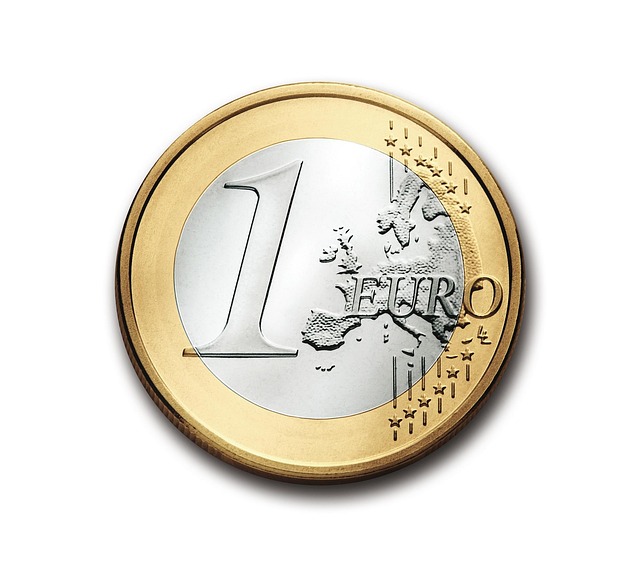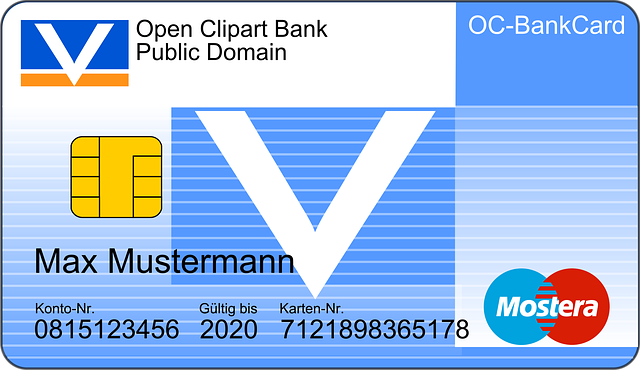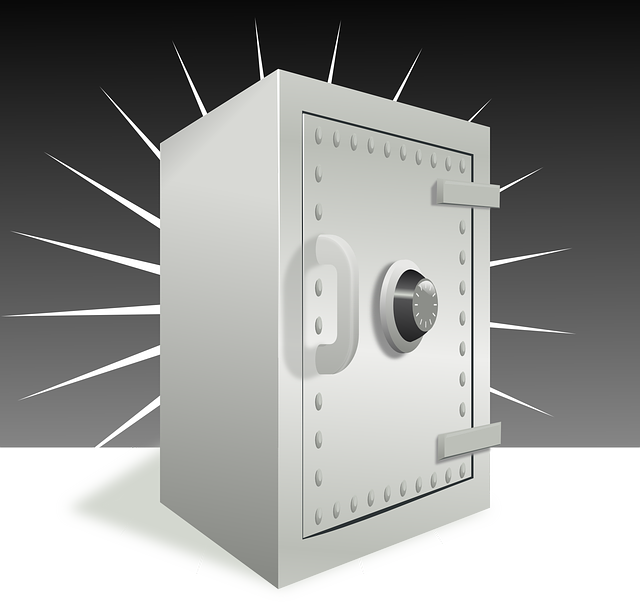Depositing money requires selecting a bank with suitable services, opening an account, and choosing among various deposit methods like debit card linking, transfers, cash deposits, or mobile check uploads. Each method offers unique advantages for efficient financial management, from immediate processing to digital convenience. Understanding these options empowers individuals to manage funds effectively, save, invest, and plan for future goals while selecting institutions with favorable terms and security.
Depositing money is a fundamental aspect of managing finances, offering a secure way to store funds while potentially earning interest. This article guides you through the process, from understanding the various types of deposits available to exploring their benefits and considerations. Whether you’re new to banking or looking to optimize your savings, these insights will empower you to make informed decisions about where and how to deposit your money effectively.
- Understanding the Depositing Process
- Different Types of Deposits
- Benefits and Considerations of Depositing Money
Understanding the Depositing Process

Depositing money is a fundamental aspect of banking and financial transactions, enabling individuals and businesses to manage their funds effectively. The process involves several steps that are designed to ensure security, accuracy, and convenience for the user. Firstly, users need to choose the appropriate bank or financial institution that offers the services they require, such as online banking or mobile deposits. Once selected, an account must be opened, which typically requires personal identification and verification of funds.
After setting up an account, individuals can initiate a deposit through various methods. Common approaches include using a debit card to link their bank accounts, transferring funds from another account, depositing cash at an ATM or branch location, or utilizing mobile banking apps to scan and upload checks. Each method has its advantages in terms of speed, accessibility, and user experience. Understanding these options is crucial for efficiently managing one’s finances and taking full advantage of the available banking services.
Different Types of Deposits

When it comes to depositing money, there are several types of options available depending on your financial goals and preferences. Traditional methods include cash deposits made in person at a bank branch or ATM, offering immediate processing. These remain popular for their convenience and security, especially for larger amounts.
For a more digital approach, online banking allows users to transfer funds directly from their savings or checking accounts to various destinations. This method is ideal for regular transactions, bill payments, or transferring money to family and friends, often providing real-time confirmation and the ability to track deposits instantly.
Benefits and Considerations of Depositing Money

Depositing money offers a range of benefits that are essential for managing finances effectively. It allows individuals to save, plan for future goals, and invest with confidence. By setting up regular deposits, one can build an emergency fund, ensuring financial stability during unforeseen circumstances. This practice also facilitates long-term savings, enabling people to reach significant milestones like buying a home or funding education.
However, considerations are vital when depositing money. Individuals should weigh the interest rates offered by different financial institutions to maximize returns on their savings. Security is another critical aspect; choosing reputable banks and understanding security protocols ensures peace of mind regarding one’s funds. Additionally, deposit limits and any associated fees or restrictions should be taken into account to make informed decisions tailored to individual financial goals.
Depositing money is a fundamental aspect of financial management, offering various benefits such as security, accessibility, and potential interest earnings. Understanding the different types of deposits available allows individuals to make informed decisions tailored to their needs. While convenience and security are paramount, it’s essential to consider transaction fees, minimum balance requirements, and interest rates to optimize your deposit strategy. By navigating these options wisely, you can harness the advantages of depositing money, ensuring financial stability and growth.






